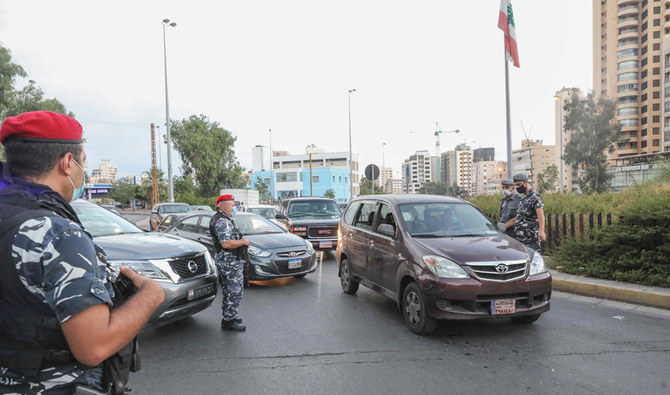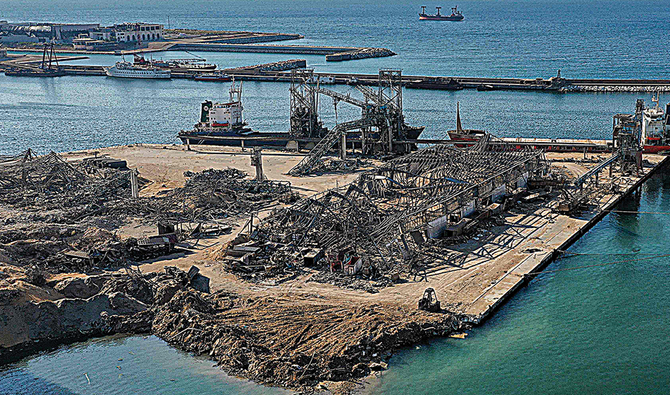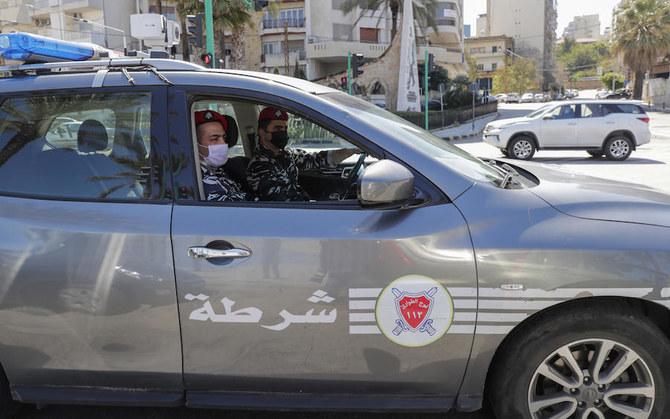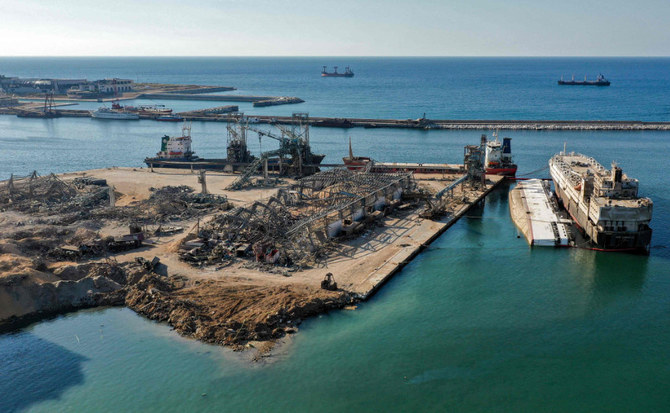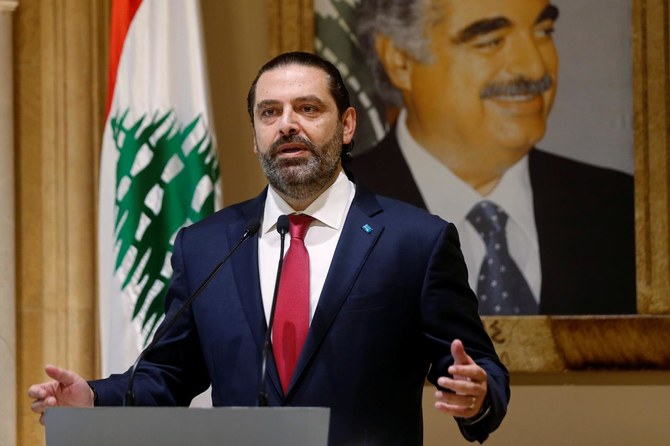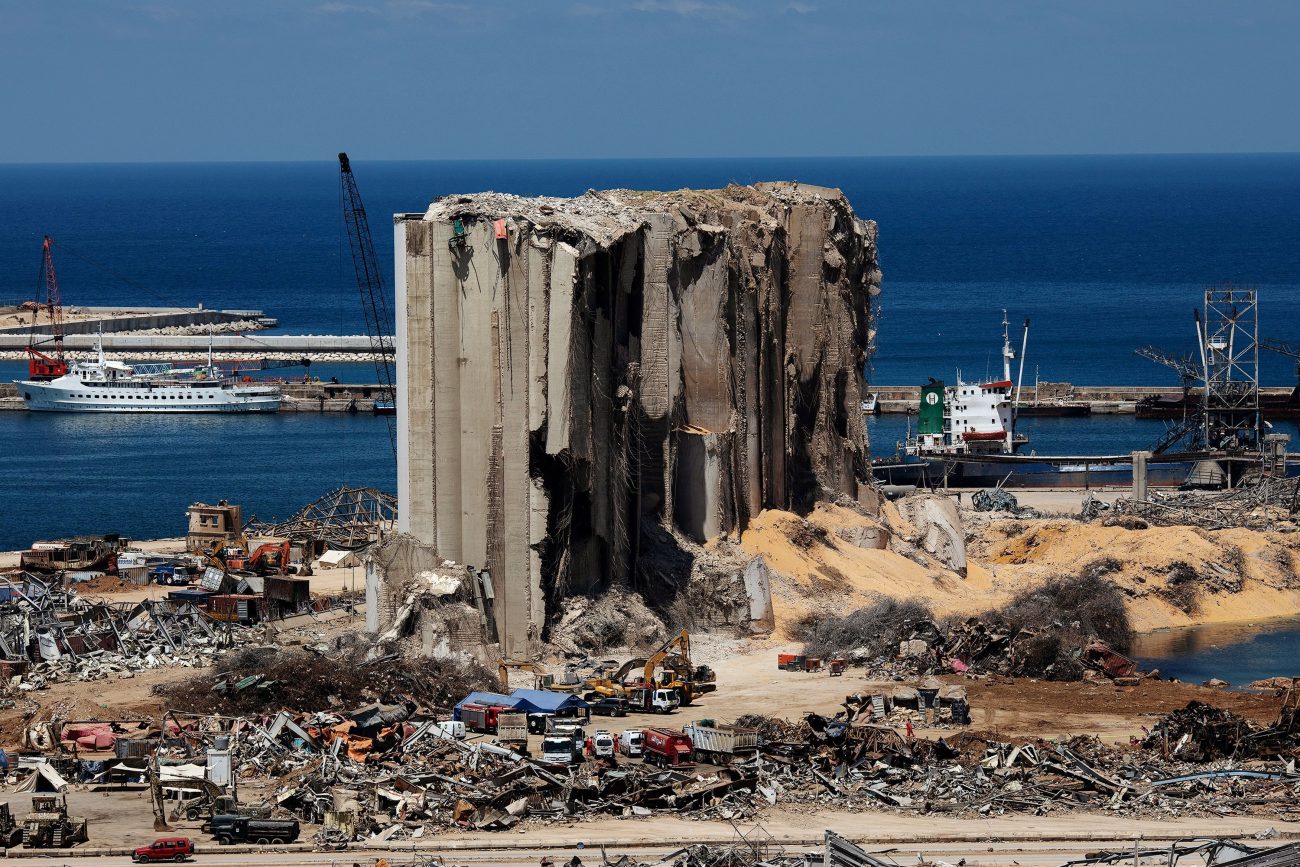
by csmonitor.com — Scott Peterson —For the veteran Hezbollah fighter, there was one silver lining – but only one – in the massive explosion at Beirut’s port that devastated swathes of the Lebanese capital Aug. 4. Overnight, the price of an AK-47 assault rifle quadrupled from $200 to $800. But for the mechanic-turned-gun dealer, that scrap of relatively good news is far outweighed by what the demand for weapons signals about spreading insecurity in Beirut, and the challenge now faced by Hezbollah amid popular demands to reform a corrupt and sectarian ruling system in which the Shiite movement has become deeply entwined. “We are living in a very, very dangerous time. … Everybody is buying a gun to protect his family,” says the Hezbollah fighter, a former unit commander in Syria who devoted his life to the Shiite “Party of God.” He survived multiple tours in Syria but has become disillusioned as quality of life for all Lebanese has deteriorated.
Public anger over systemic corruption and incompetence erupted last October in protests nationwide that included traditional Hezbollah strongholds. But even as Beirutis replace windows and doors smashed by the blast – their anger grown even deeper – there appear few easy solutions to decades of entrenched sectarian rule that most recently has been brokered by Hezbollah. An image of Sheikh Hassan Nasrallah, the Hezbollah leader, was among those hung by a noose by Lebanese protesters furious about the blast and the collapsing state of their nation. Protesters have for months called for the toppling of the entire political elite, chanting “‘All of them’ means all of them,” in a dig that deliberately includes Hezbollah.
Hezbollah’s warning
In a speech soon after the blast, Sheikh Nasrallah warned Lebanese not to blame Hezbollah, or it would “start a battle” that the militia would win – and that Lebanese demanding reforms, presumably, would lose. “We are living in the worst chaos ever witnessed in Lebanon. People are accusing Hezbollah more than ever,” says the veteran fighter, speaking in his cramped workshop in Beirut’s southern suburbs. Many of Iran-backed Hezbollah’s thousands of core fighters no doubt remain devoted to the cause of “resistance” against Israel and against American influence. But this officer – who is not alone in his disenchantment – refused last fall to return to Syria, where Hezbollah and Iran have helped support President Bashar al-Assad, citing to the Monitor leadership “corruption,” fighting on too many front lines across the Middle East, and a fury that “we drowned with their lies.”
